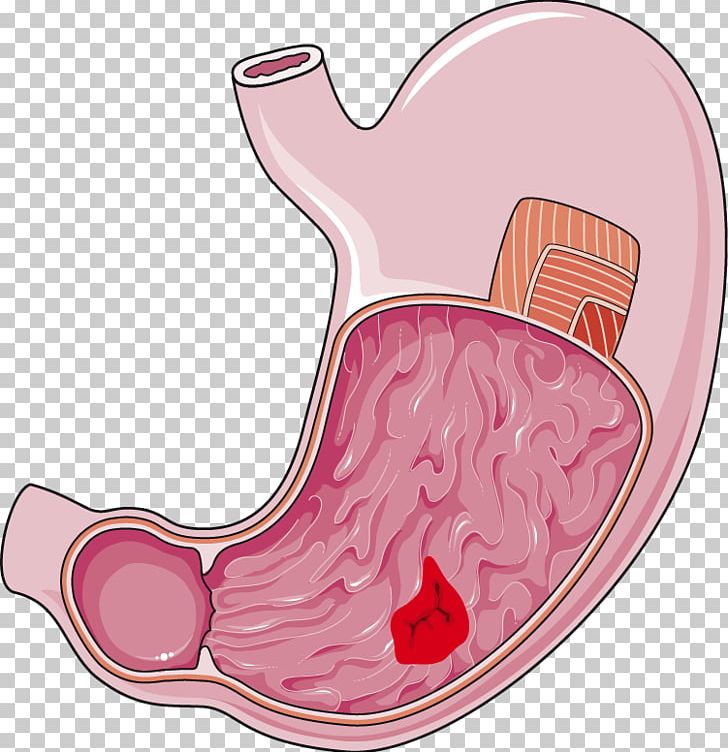

Proton pump inhibitors (like Prilosec).Treatment aims to reduce reflux, prevent damage to your esophagus, and prevent problems caused by GERD.įor mild symptoms, try over-the-counter medicines such as: Other things can make stomach juices back up, such as: If your symptoms are worse after you eat a certain food, you may want to stop eating it to see if your symptoms get better. These may include chocolate, mint, alcohol, pepper, spicy foods, high-fat foods, or drinks with caffeine in them, such as tea, coffee, colas, or energy drinks. Some things may relax the valve so it doesn't close tightly or some foods and drinks can make GERD worse. GERD usually happens when the valve relaxes at the wrong time and stays open too long. Stomach acid and juices flow back up (reflux) into the esophagus. With GERD, the valve doesn't close tightly enough. When you swallow, the valve lets food pass into the stomach. It acts like a one-way valve between the esophagus and the stomach. Talk to your GP (doctor) about which strategies may work best for you.GERD happens because of a problem with the ring of muscle at the end of the esophagus called the lower esophageal sphincter. raising the head of your bed to avoid reflux while sleeping.trying not to increase abdominal pressure through bending or lifting.You can reduce your risk of gastro-oesophageal reflux disease by: Reducing your risk of gastro-oesophageal reflux disease Barrett’s oesophagus – a premalignant condition of the lower lining of the oesophagus. Barrett’s oesophagus is a risk factor for cancer of the lower oesophagus. If you have experienced long-term reflux (for five years or more), talk to your doctor about testing for Barret's oesophagus.ulceration – with bleeding, scarring and stricture (narrowing) of the oesophagus.oesophagitis – inflammation of the oesophagus.cigarettes – giving up smoking reduces the frequency of symptoms.Ĭomplications of gastro-oesophageal reflux diseaseĬhronic (ongoing) exposure of the oesophagus to gastric juices can lead to:.dietary factors – dietary fats, chocolate, alcohol and coffee may provoke heartburn because of their effect on the sphincter.hiatus hernia – part of the stomach is pushed up through the diaphragm and stays there.Gastro-oesophageal reflux diseaseįrequent heartburn (also called gastro-oesophageal reflux disease) can also be caused by: Any extra pressure on the stomach, such as stooping, forces the stomach contents up into the oesophagus. The extra fat inside the abdominal wall reduces the amount of room for the stomach and small intestines. Persistent heartburn can be caused by obesity.

Usually, taking an antacid and waiting is all the treatment needed for heartburn in healthy people. However, food inside the stomach is only kept there by the force of gravity, so don't lie down after a big meal. The oesophagus uses muscular contractions (called 'peristalsis') to squeeze swallowed food down into the stomach. advanced pregnancy, when the womb pushes up against the stomach.anxiety, which can make the stomach 'churn'.eating a large meal and then doing some kind of physical activity, like lifting or bending.This is called 'reflux' (also known as gastro-oesophageal reflux disease, indigestion or heartburn) and feels like a burning sensation behind the breastbone. Sometimes, even in healthy individuals, the contents of the stomach squeeze up through the sphincter and back into the oesophagus. Once food is chewed and swallowed, it is pushed by muscular waves down the oesophagus and through a sphincter (or muscle ring) into the stomach.


 0 kommentar(er)
0 kommentar(er)
